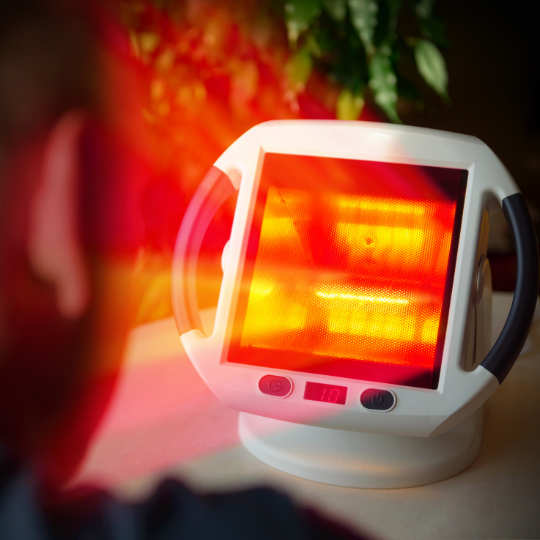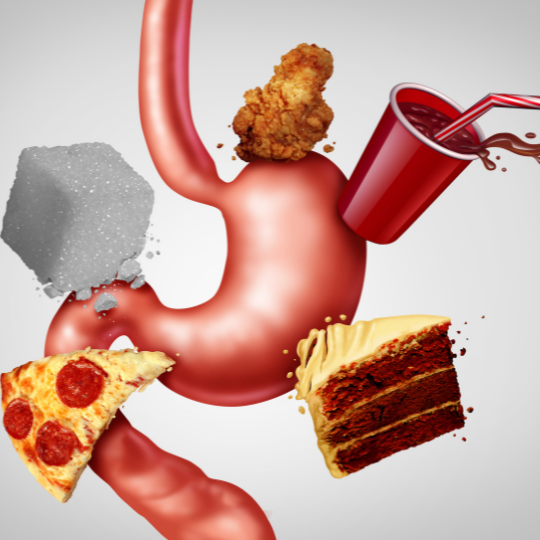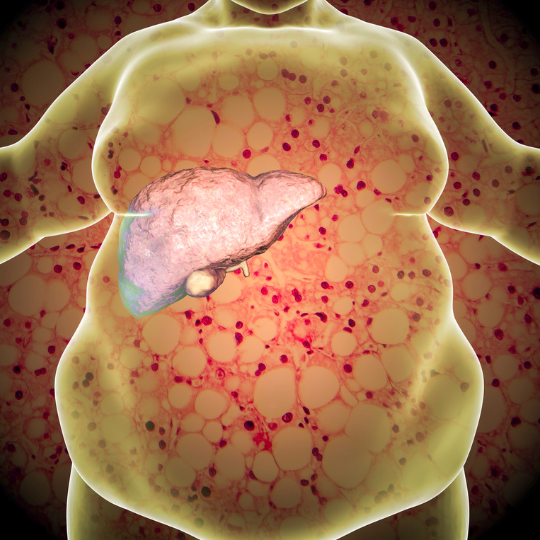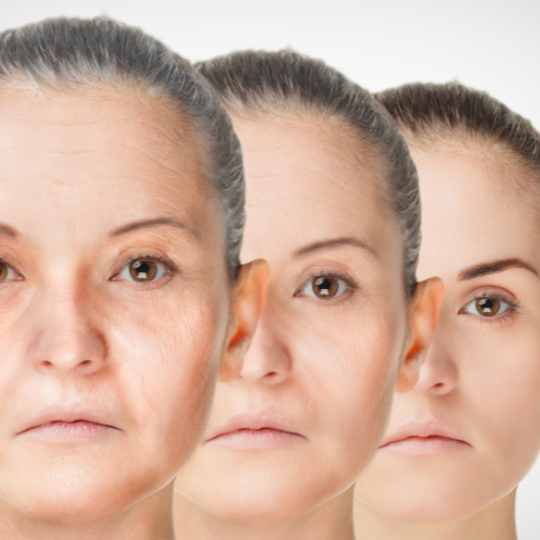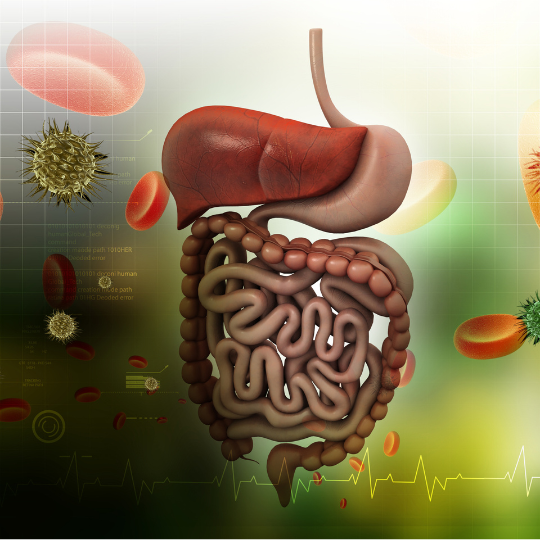Are we human, or are we microbiome? No this is not another hit by the Killers, this is just a legitimate question to ask ourselves.
Geek corner: Did you know that the human body has more bacteria than human cells? One could therefore argue that we are more bacteria than human..
Gut microbiome basics
The reality is that trillions of bacteria from multiple strains live in each one of us, most of them on the skin and large intestine.

While some bacteria, called pathogens, are associated with disease, others are actually extremely important for our immune system, heart, weight and many other aspects of our health; and these are what we call good bacteria.
Humans have lived with bacteria from the beginning of time, and potentially even evolved from them, but we just started to realise their importance.
Viruses, bacteria and parasites are all part of the gut microbiome, but scientists have mostly studied bacteria so far. And studies are showing that bacteria are strongly related to human health.

Gut microbiome’s health impact
An imbalance of healthy and unhealthy microbes can contribute to weight gain, bloating and abdominal cramps leading to a condition called gut dysbiosis.
Interesting studies have revealed that some strains of gut bacteria may improve heart health through promoting the “good” HDL cholesterol. On the opposite side, certain unhealthy species in the gut microbiome may contribute to heart disease by increasing TMAO, a compound that may lead to blocked arteries.
Other studies point to the lack of diversity in the gut microbiome of people with type 1 and 2 diabetes right before it’s onset.
Good bacteria do miracles in brain health too, partly by sending signals to the brain to produce serotonin, a neurotransmitter that helps fight depression. And by the way, did you know that 95% of serotonin is produced in the gut?
Gut microbiome management
The good news is that you could prevent all these by keeping a few things in mind regarding your nutrition:
- Eat fermented foods, like kefir, kimchi, kombucha, tempeh, or natto
- Eat prebiotic foods, like unriped bananas, onions, garlic, apples, or leeks
- Eat whole grain and pulses, like oats, mung beans, or lentils
- Supplement with probiotic bacteria strains to fill in any of the gaps not addressed via the strategies above
And don’t forget to spice up your diet with chicory root, dandelion greens, chocolate, chia and flax seeds. You can find all these in our extensive NutriFix products menu.

